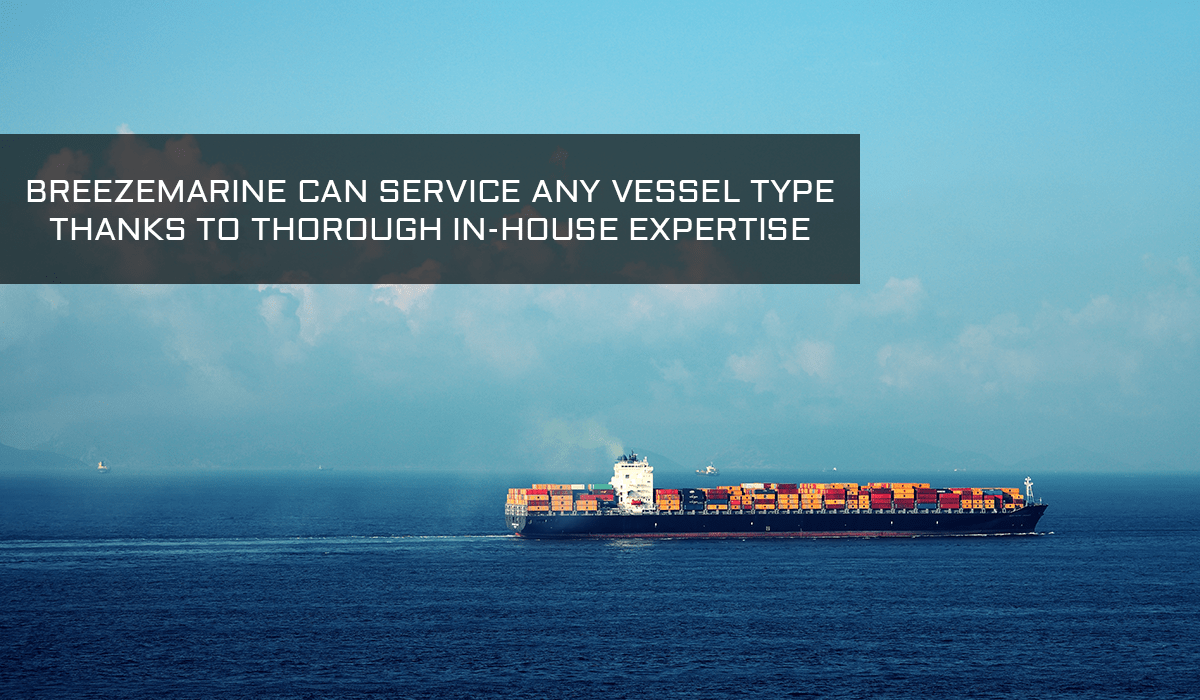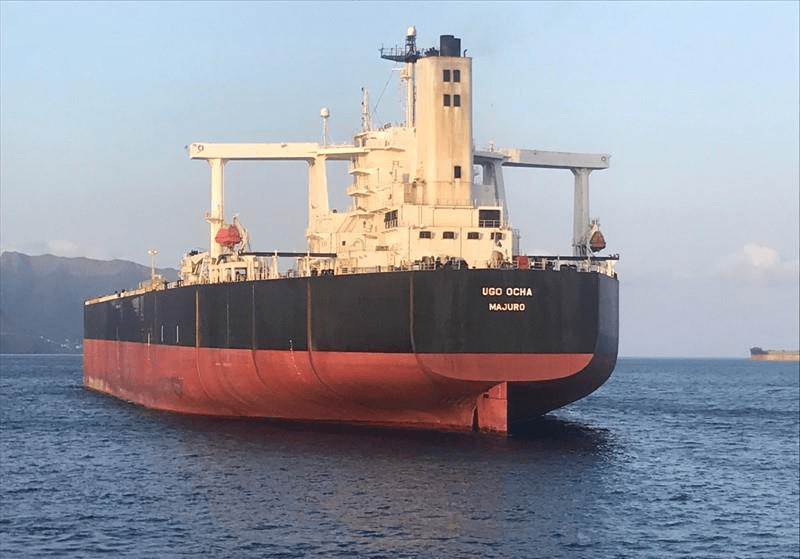The world of shipping consists of many different types of vessels. Each type has its strengths and weaknesses and can be used to carry a specific variety of cargo to a given destination. In this article, we will explore the main types of ships Breezemarine provides solutions for, including spare parts, eco solutions, and equipment needs.
Container ships are designed to transport containers.
Their cargo is the standard 20-ft and 40-ft containers. Such a ship type has a large deck structure and a lot of cranes that allow the offloading and unloading of containers.
Container ships are one of the most common vessels today, accounting for over half the total tonnage in commercial shipping worldwide. As a result, they’re an essential part of international trade. Such vessels allow products from many manufacturers or countries to be shipped together rather than relying on individual transport.
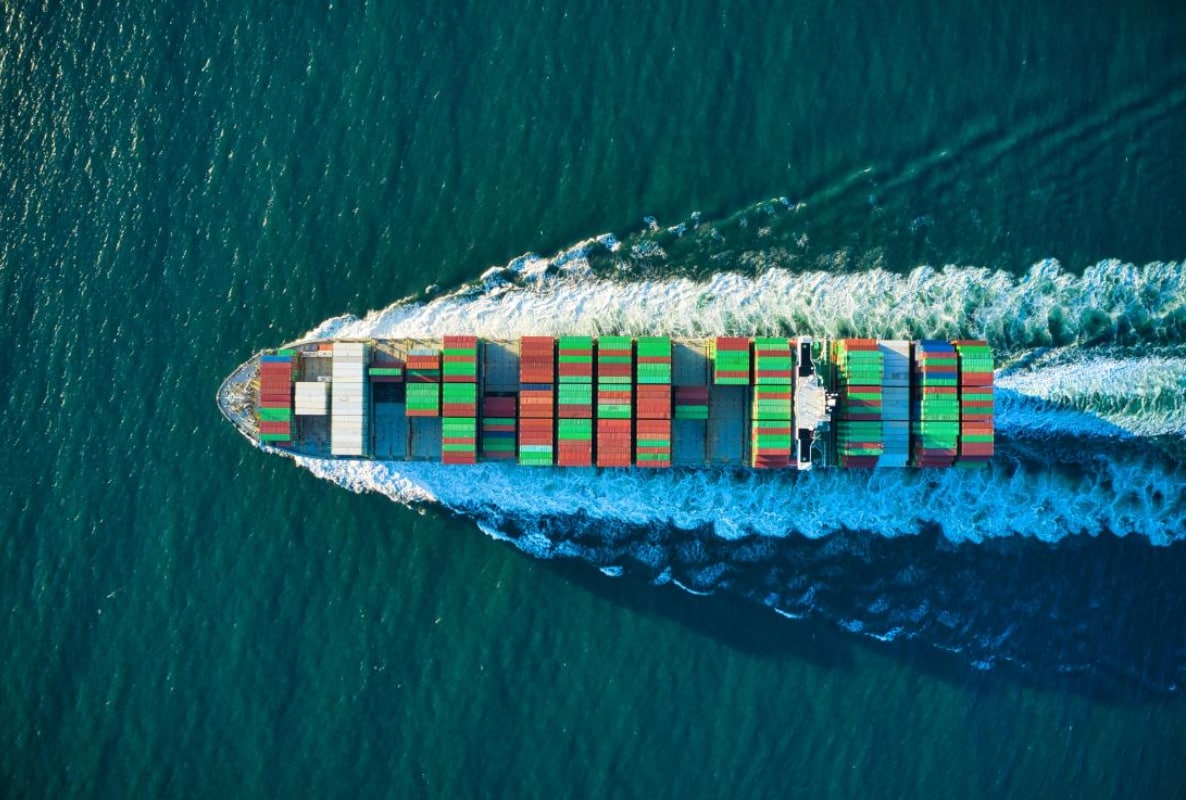
Bulk carriers
They are called bulk ships because they carry goods in bulk rather than containers like containerships. These vessels have three types of holds where goods can be loaded: hatch-type holds, hopper-type holds, or compartments that one can enclose after loading.
Bulk carriers are designed to carry dry bulk goods and do not have any tankers for liquid cargo on board (such as oil).
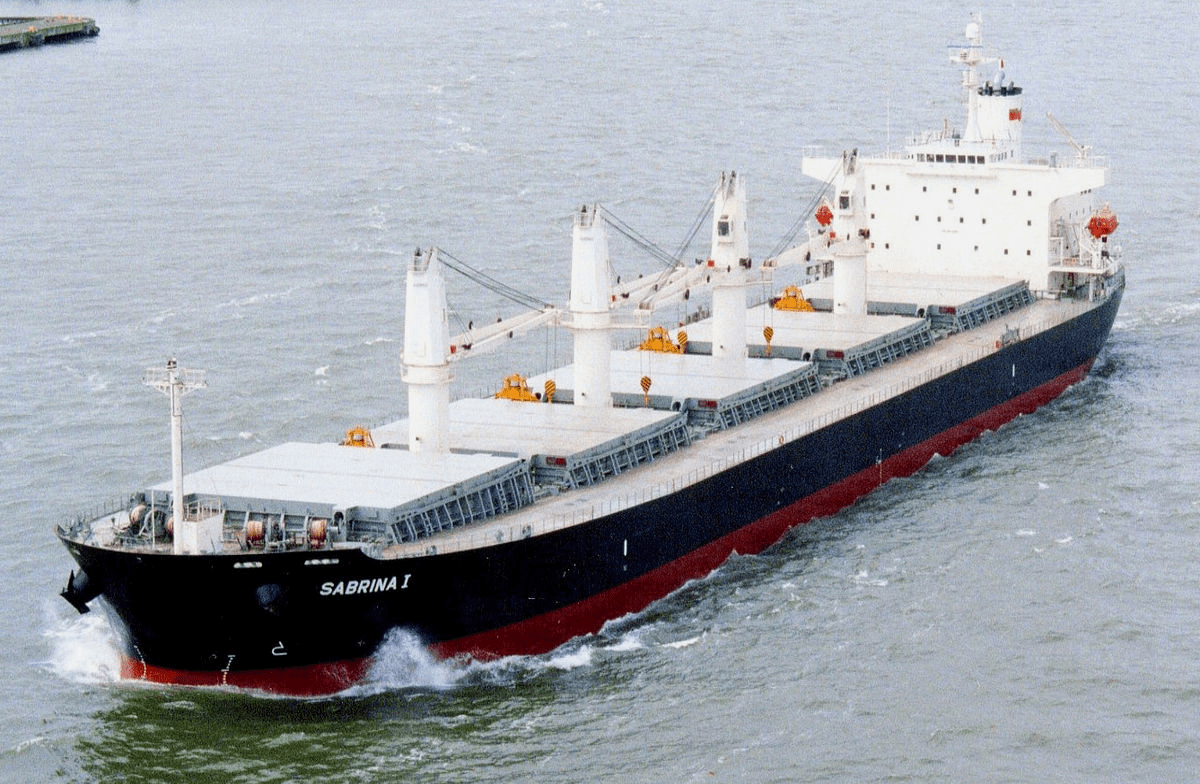
Tanker ships
Tanker ships are designed to carry all types of liquid cargo, such as oil, chemicals, milk, and wine. Tankers are enormous ships that use a lot of fuel to move around. Due to their essential cargo, they require regular maintenance and upkeep to ensure smooth sailing.
Passenger ships
Passenger ships carry passengers and their luggage along with cars and other types of cargo.
There are different types of passenger ships: freight ships, RoPax ships (ro-ro ships), cruise ships, yachts & ferries, and many more. RoPax ships feature a roll-on, roll-off solution to carry passengers and other cargo separately for those unaware. Passenger ships are helpful when space is limited or if there needs to be more room on land for large groups of people or vehicles such as buses and cars to travel comfortably without getting too far away.
That is especially true when traveling long distances by air or sea. Planes have limited capacity, while boats can hold much more weight than airplanes. However, vessels also require a longer time to reach their destination.
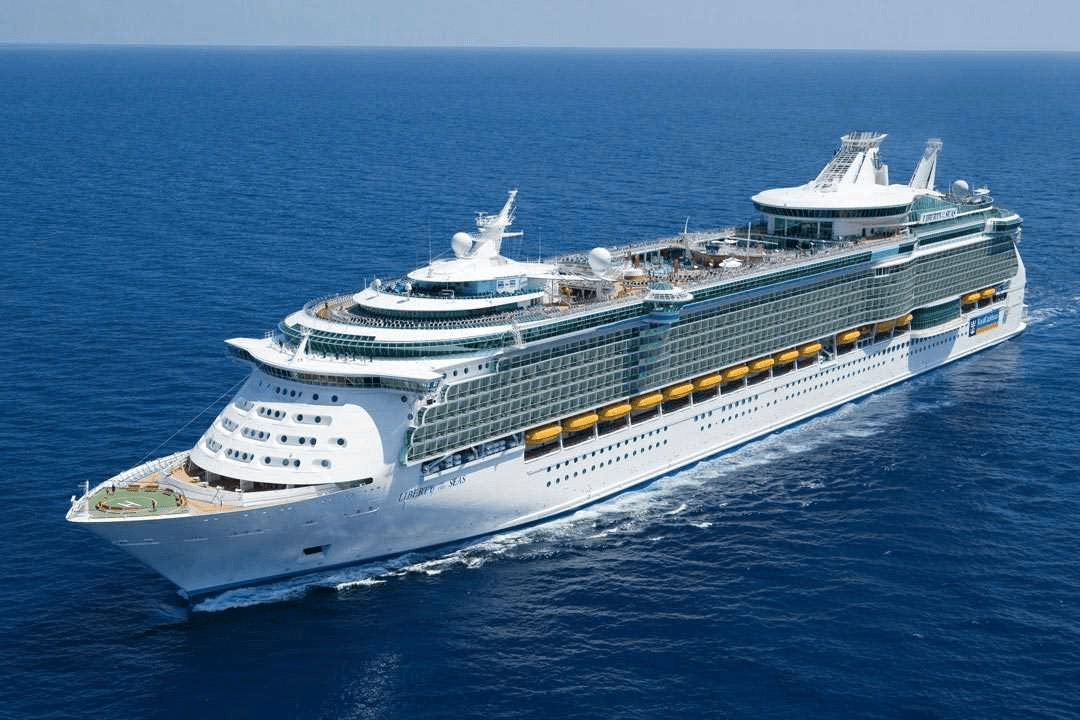
Naval Ships
A naval ship is a military ship owned by a country’s navy. These vessels are different from civilian vessels in their construction and purpose. The vessel’s core design focuses on damage reduction and offensive capabilities through various weapon systems. Naval ships consist of warships (warfare-oriented) and auxiliary ships (support vessels).
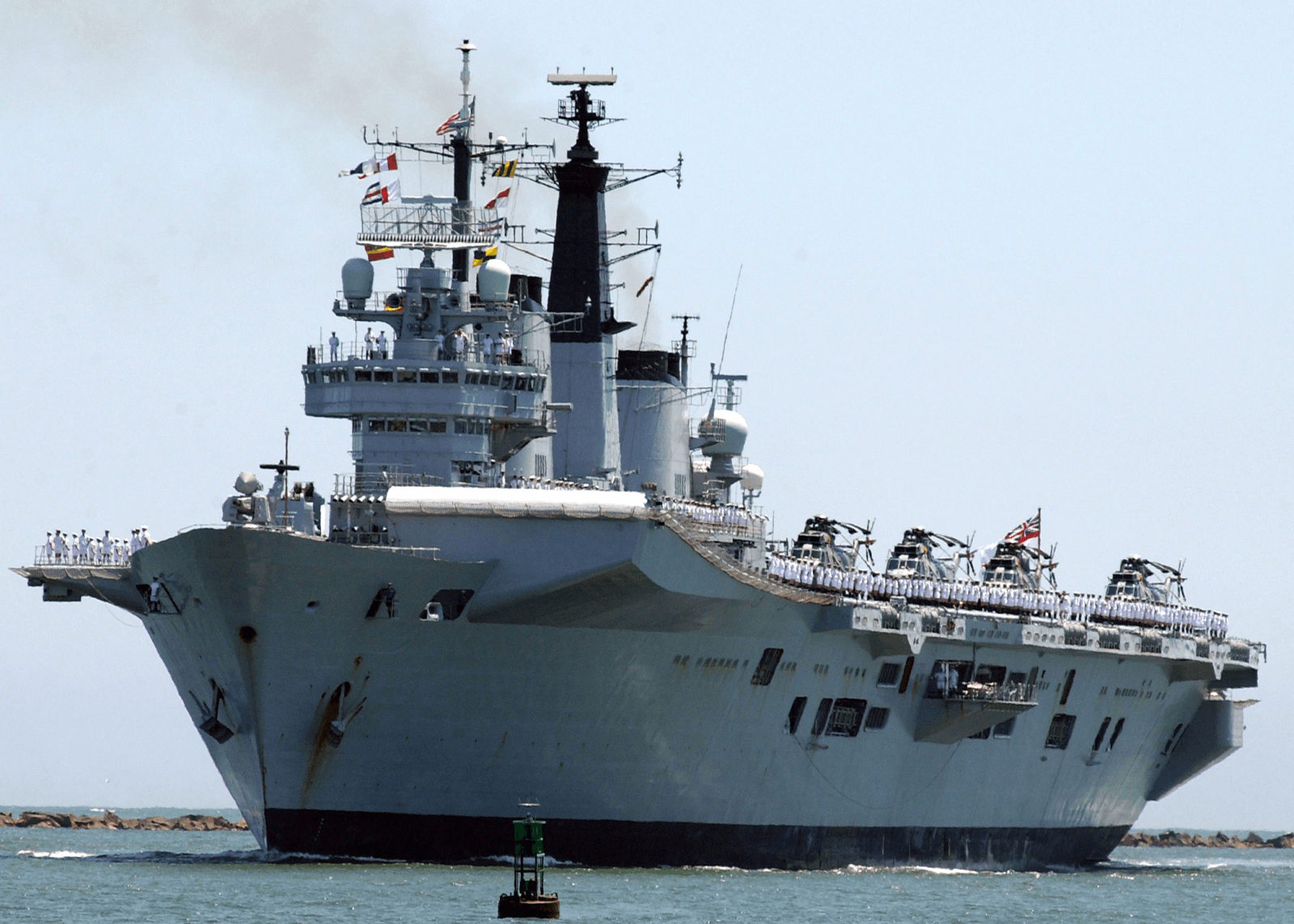
Offshore Ships
Offshore ships are used for various activities, including transporting oil and gas, constructing offshore structures, and supporting offshore oil and gas operations. In today’s economy, offshore vessels are in high demand, and there is plenty of work for ship owners.
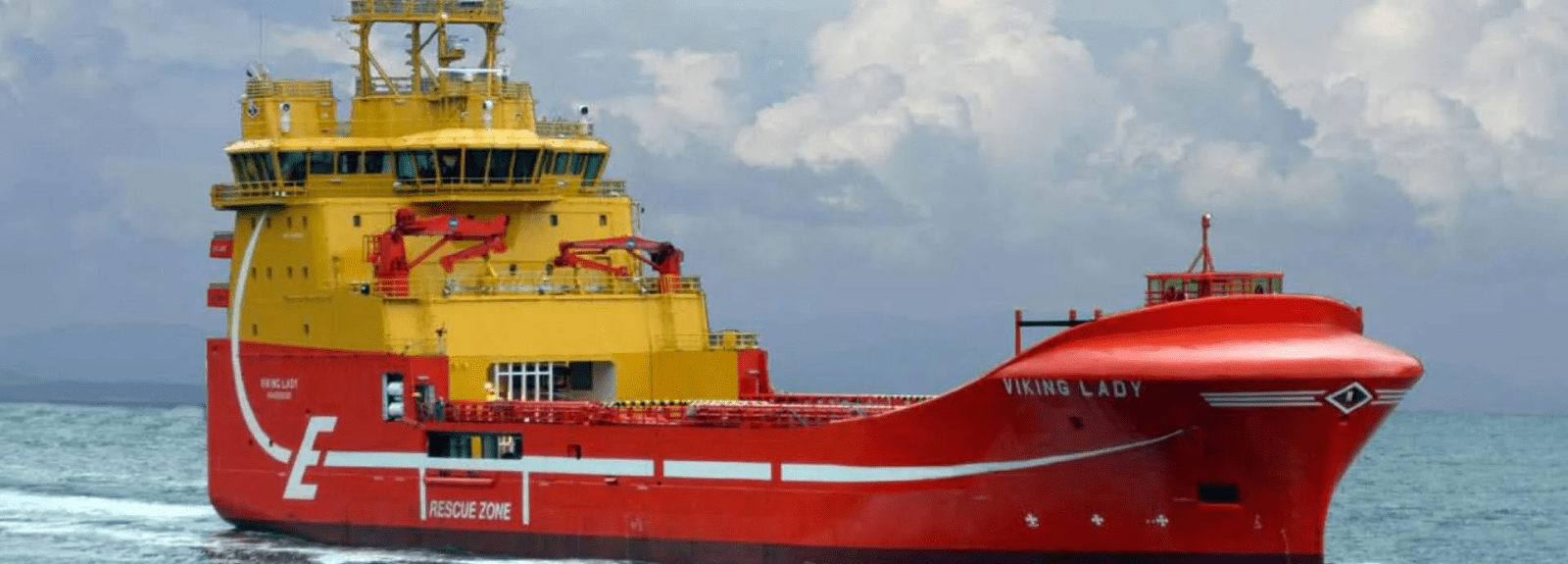
Special-Purpose Ships
Special-purpose vessels are ships designed and built for a specific purpose, such as research, ice-breaking, or rescue. They form a crucial part of the maritime industry, even though one hopes to encounter them rarely.
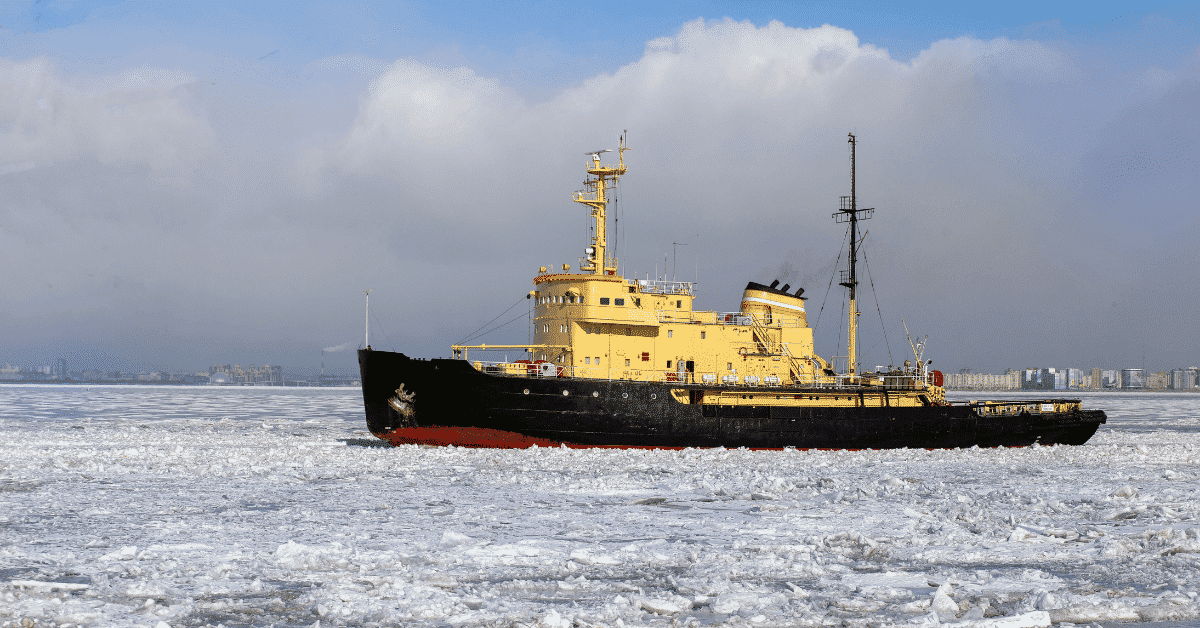
Ice Breaker Ship
Every Ship Needs TLC
With so many vessels in daily operation, tender love and care (TLC) are paramount. Ship owners and operators must take proper care of their ships to ensure smooth day-to-day operations.
Breezemarine is your trusted partner for any maritime solution. We specialize in spare parts, equipment, FCM eco solutions, and more.
Get a contact with Breezemarine experts and allow us to offer a helping hand to maximize your vessel’s performance!
